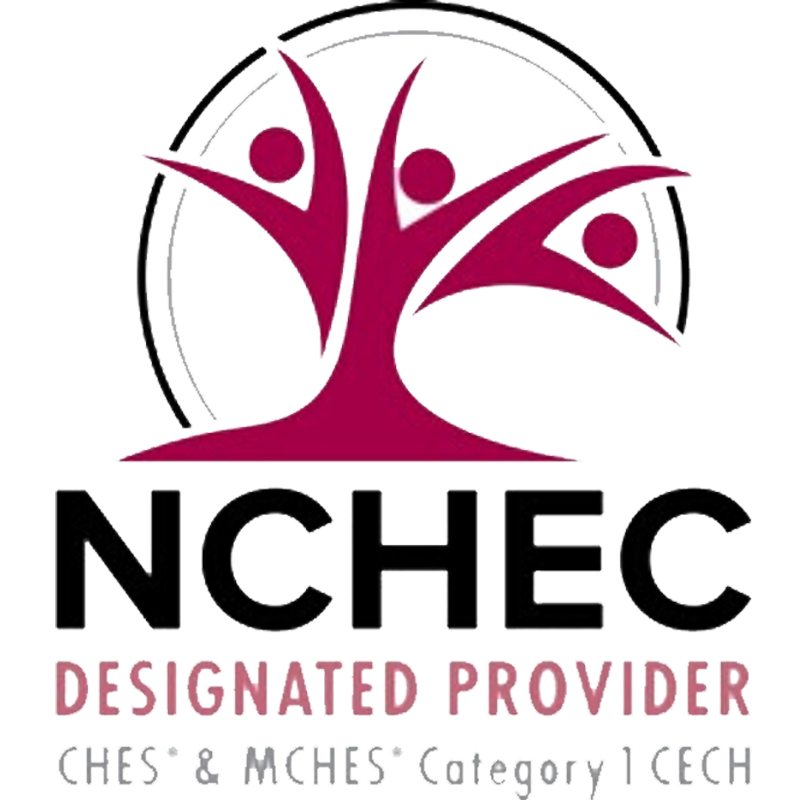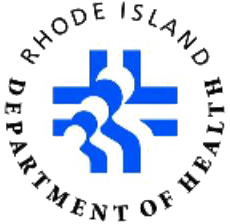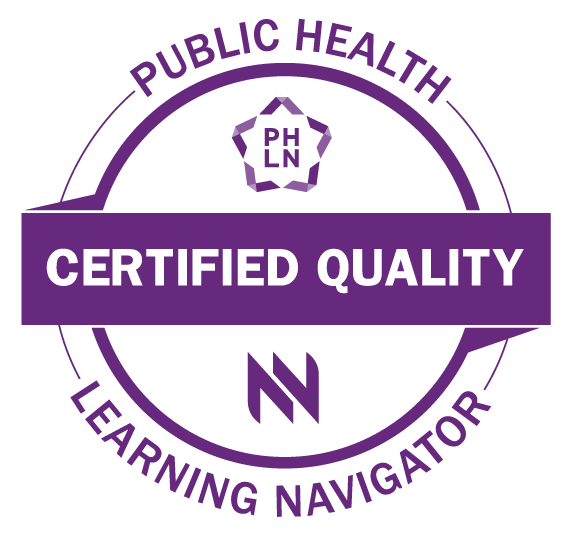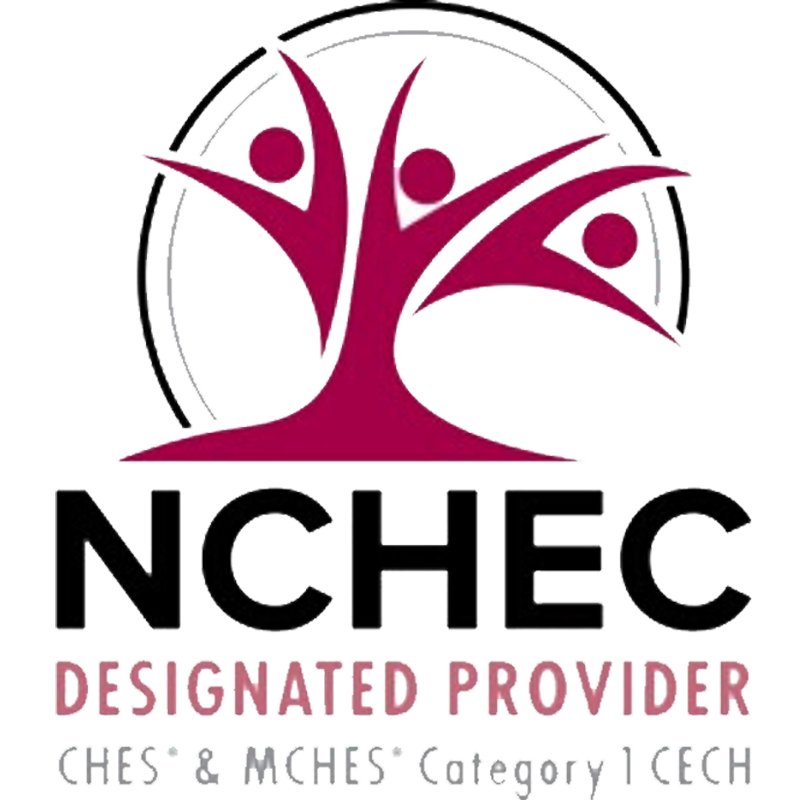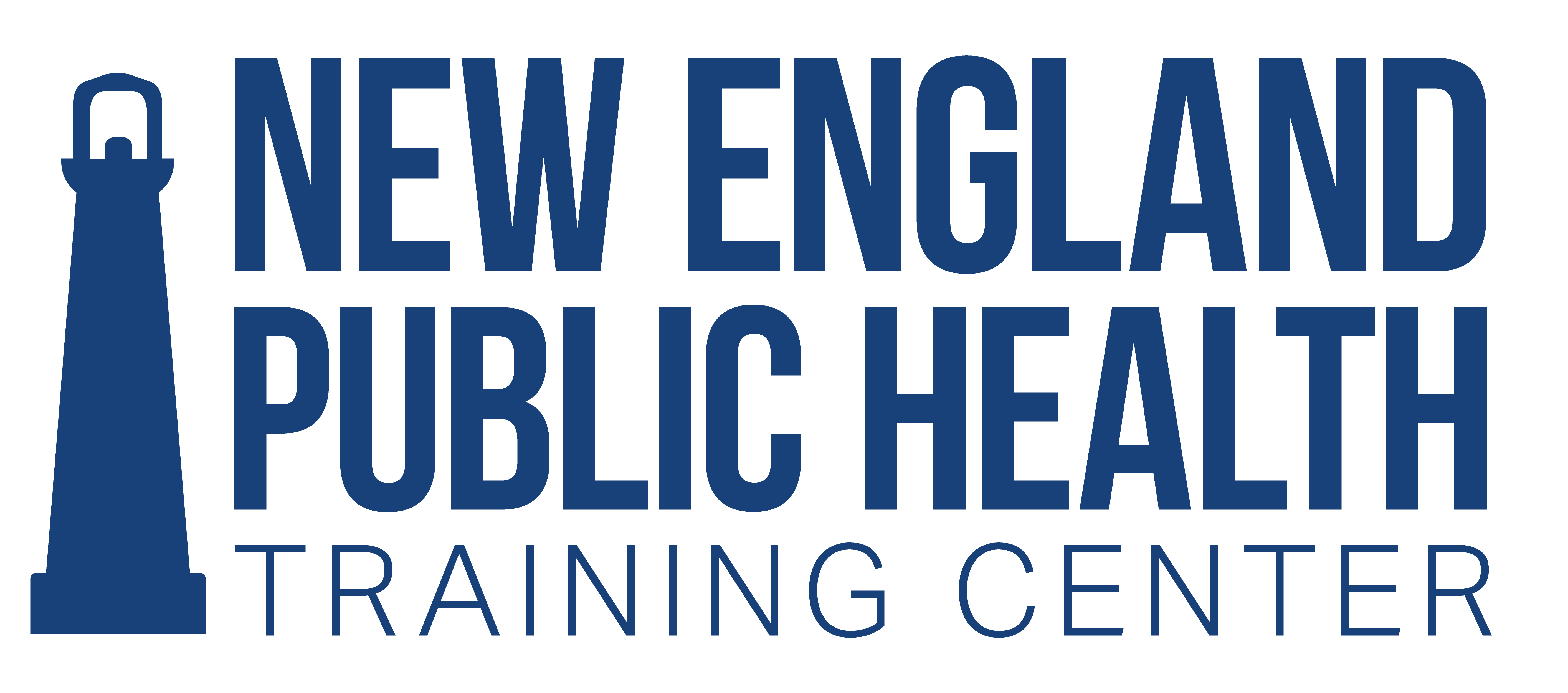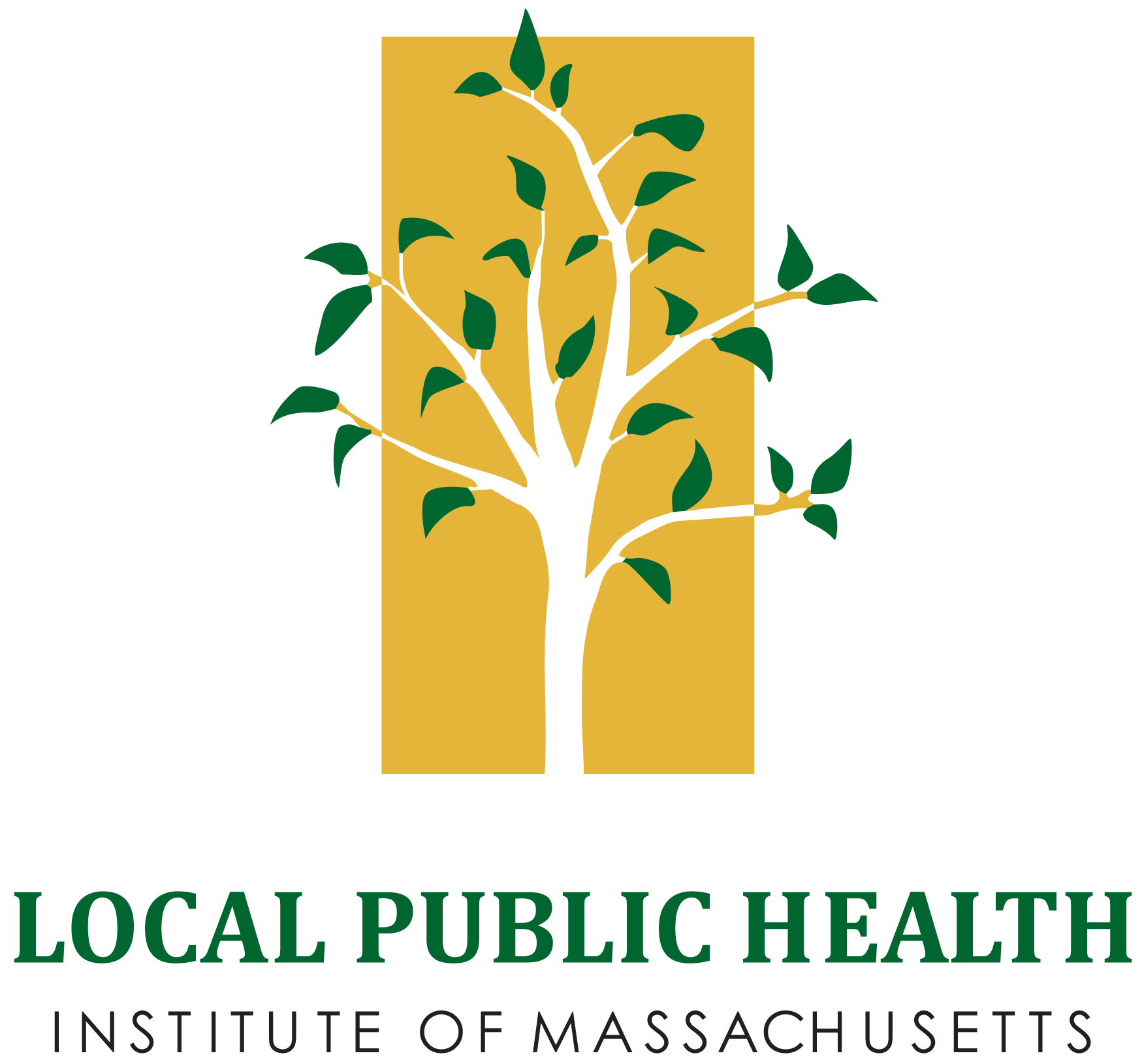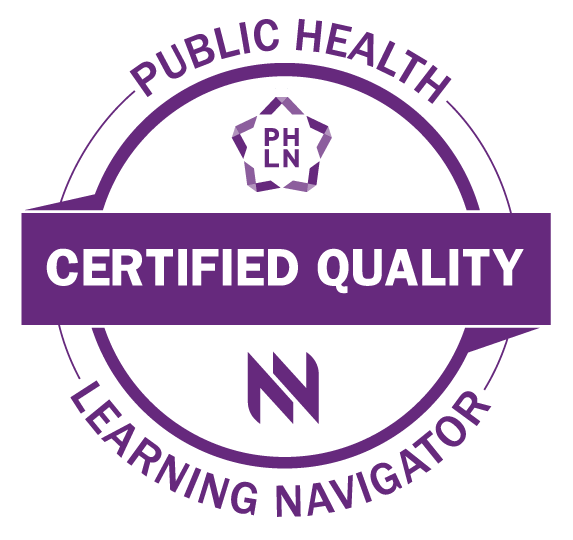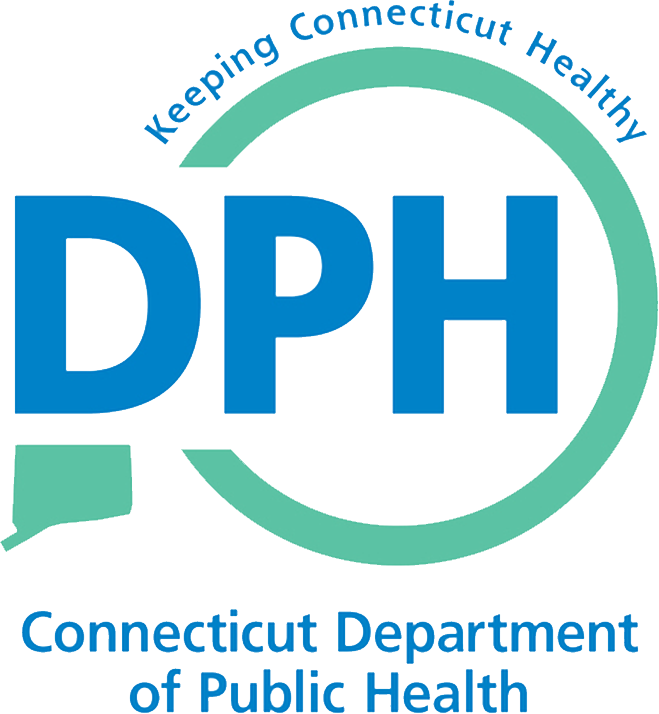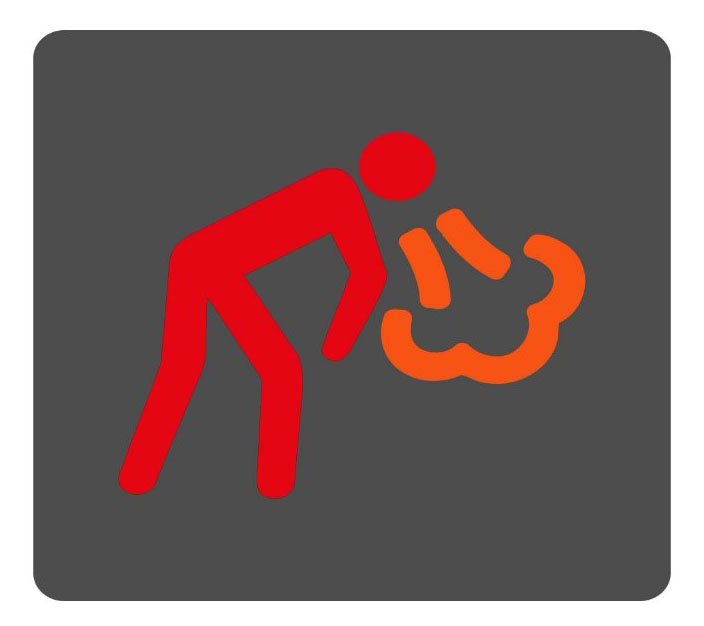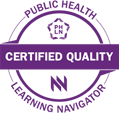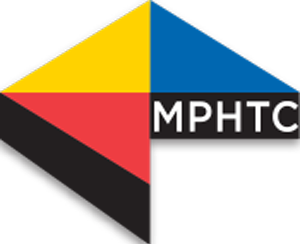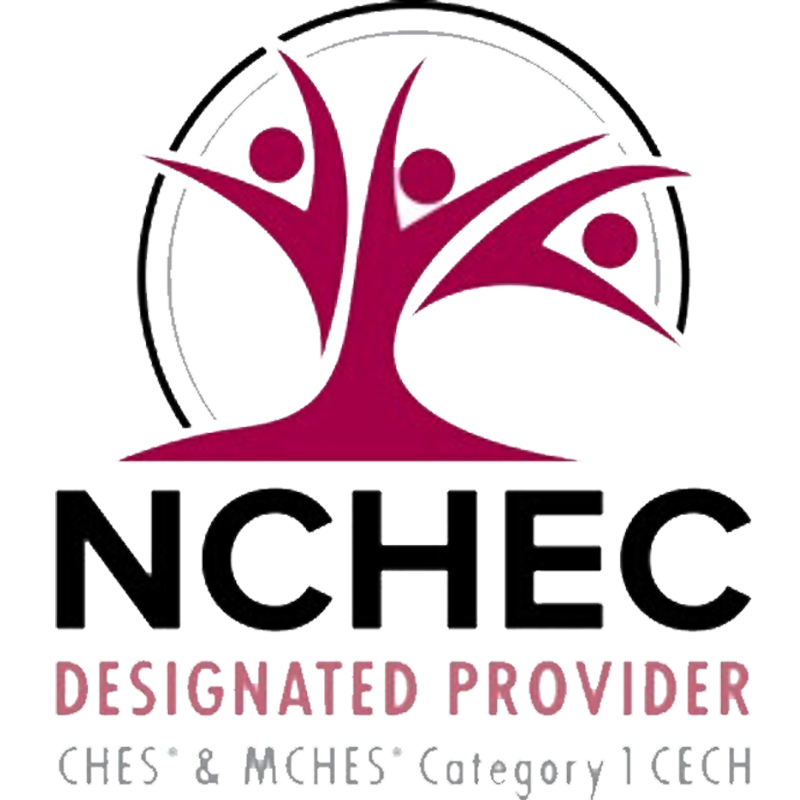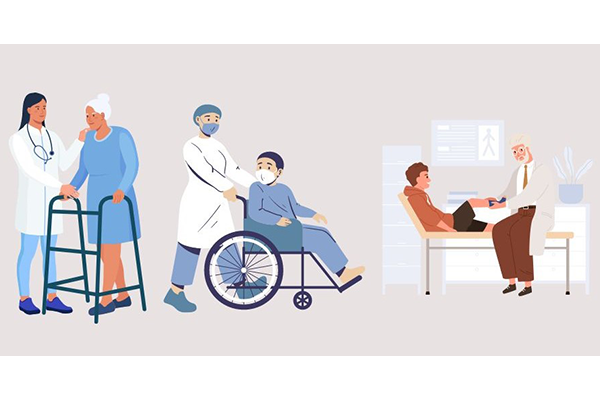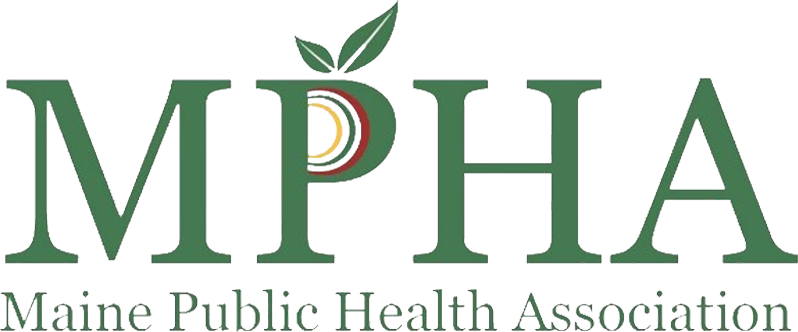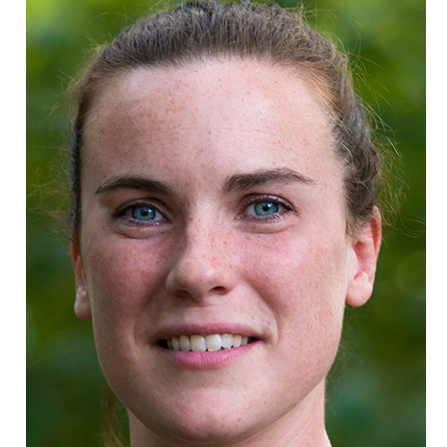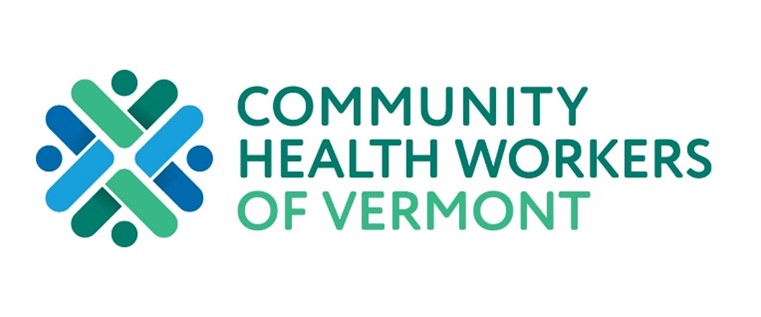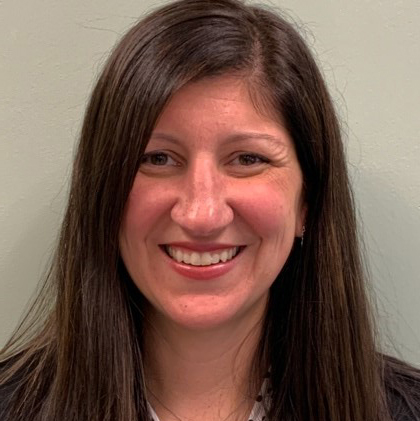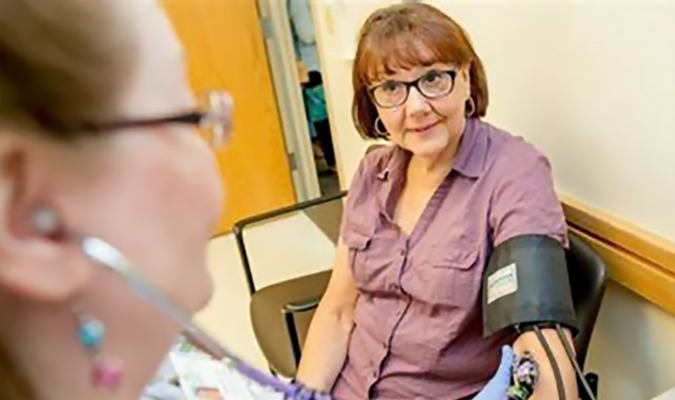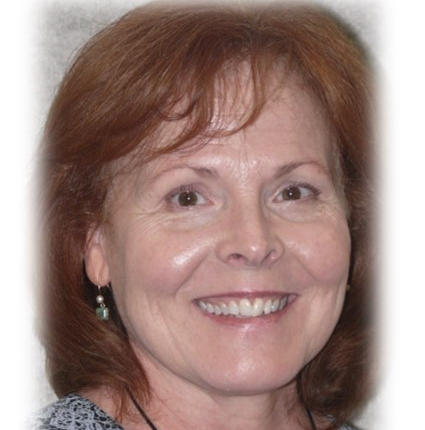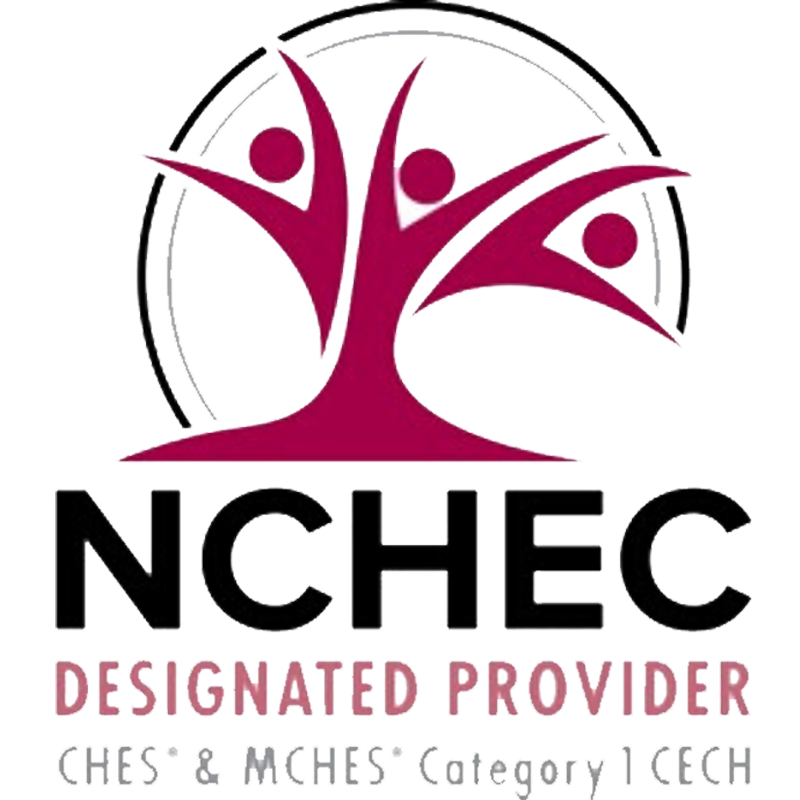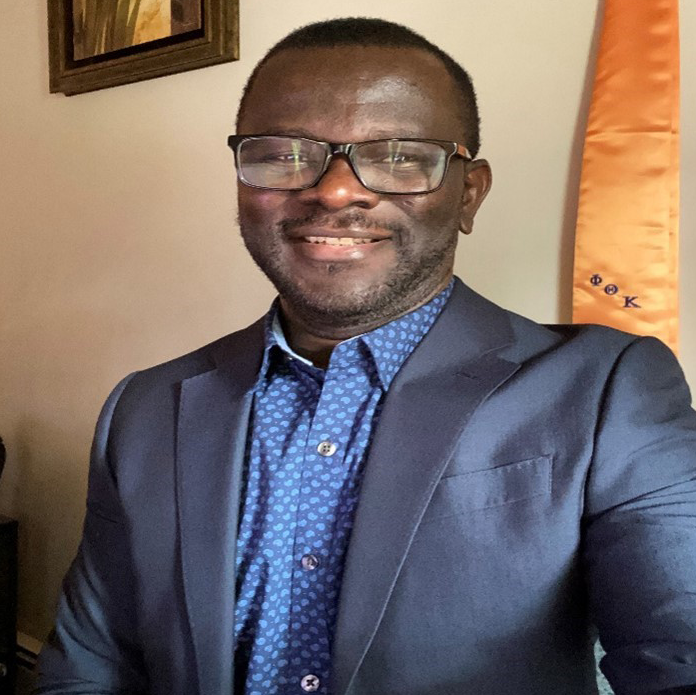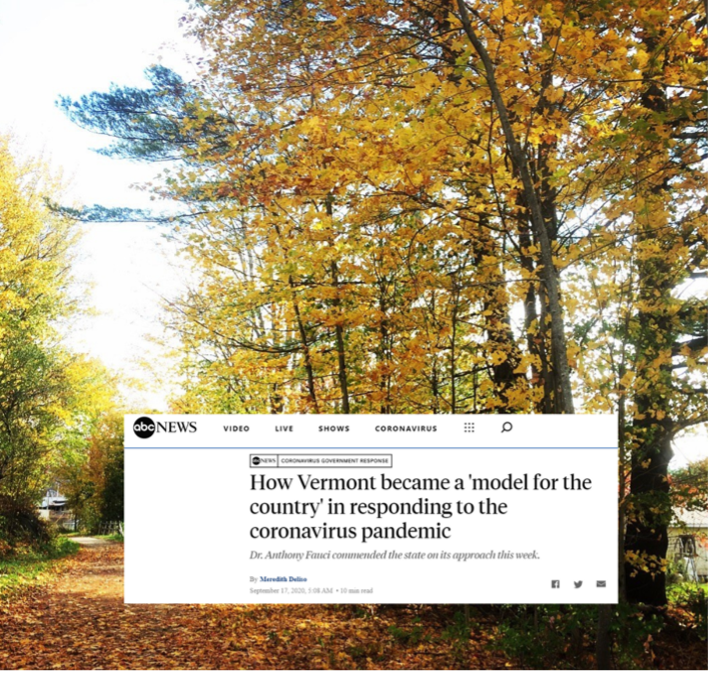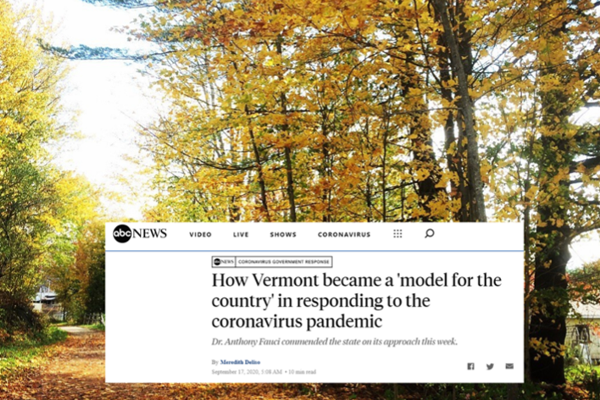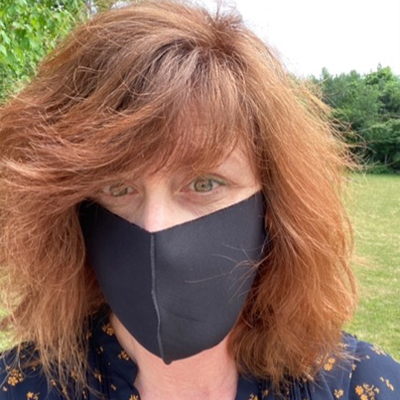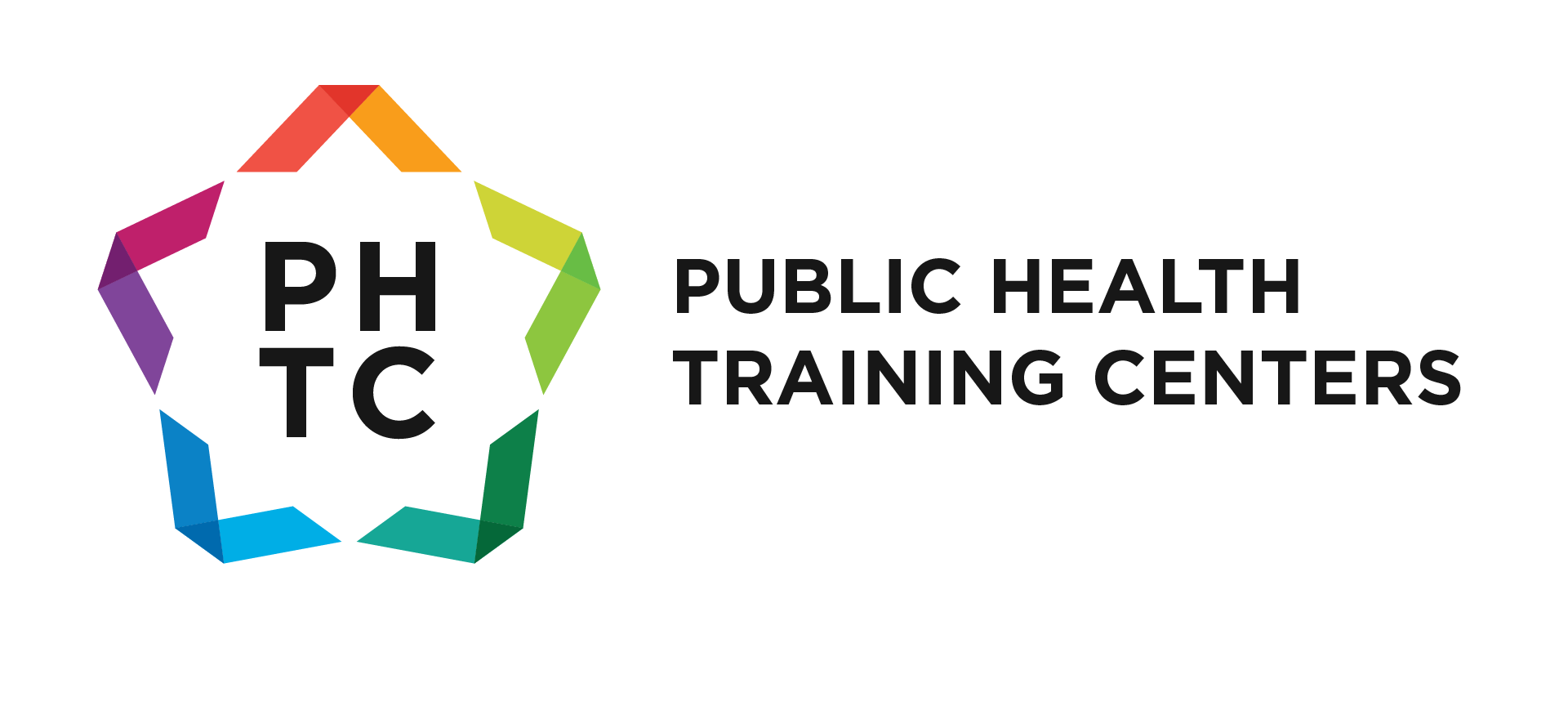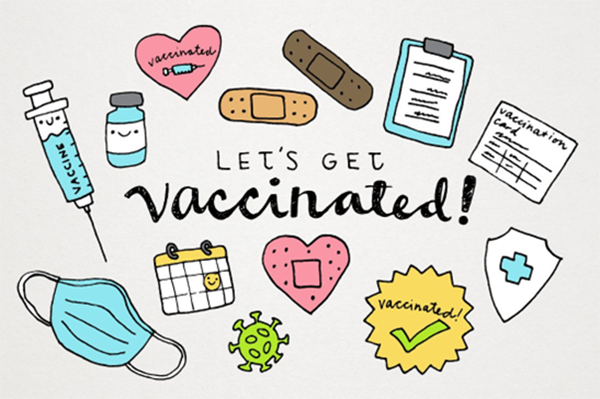
Vaccine Management & Immunizations, Vaccine for Children (VFC) Program and the Do’s & Don’ts of Vaccine Clinics
- What’s my role as a PHN with routine vaccinations? How does this differ during an outbreak/pandemic?
- How can my municipality vaccinate those in need who can’t come to a public vaccination site?
- Where can I get more information on vaccine availability to order through the state, and where can I get more information on where to get vaccines to order privately?
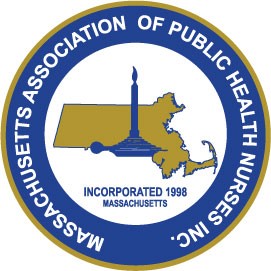
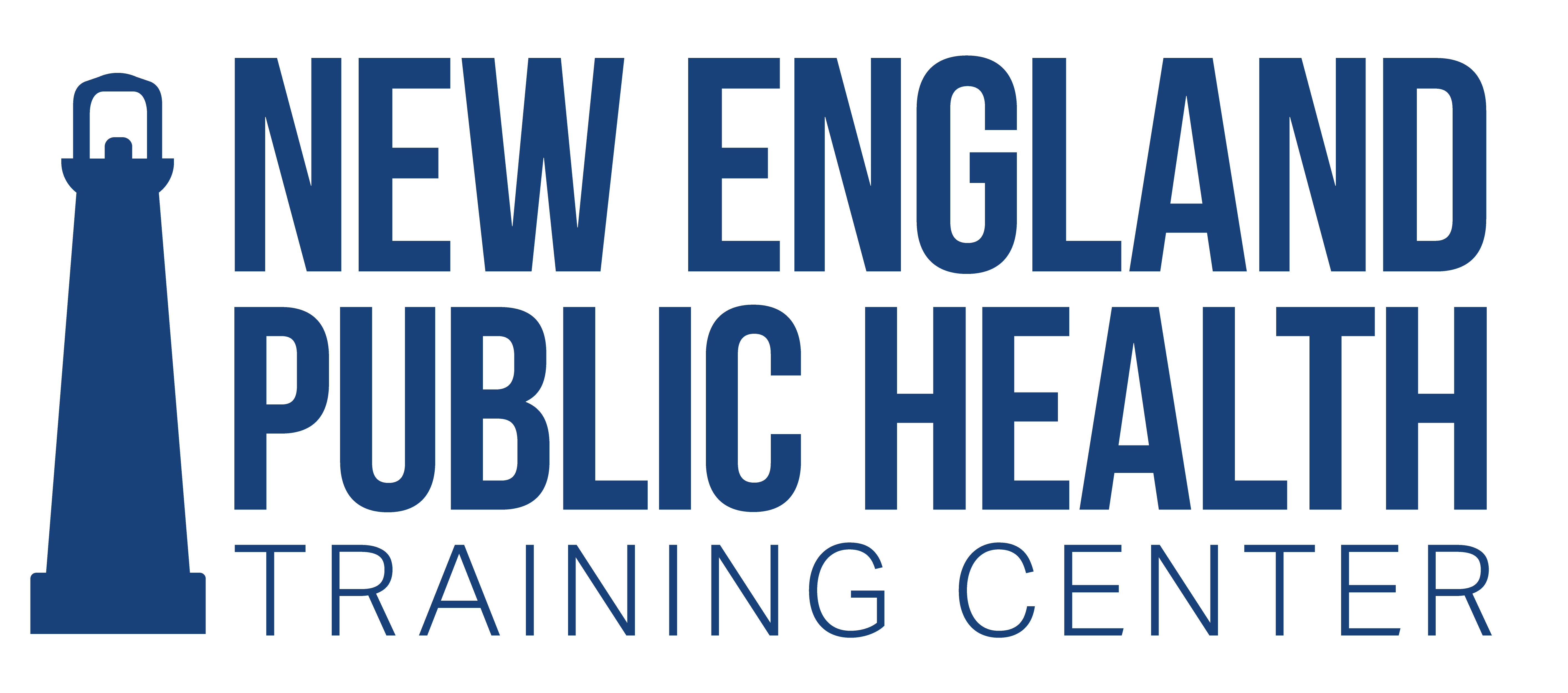
Register
Course Information
- Audience: Public Health Nurses, School Nurses, Occupational Health Nurses, Community Health Nurses, Health Directors, Health Inspectors, Medical Reserve Corps volunteers (Medical and Non-Medical)
- Format: Self-Paced
- Price: Free
- Length: 60 minutes
- Credential(s) eligible for contact hours: Sponsored by New England Public Health Training Center (NEPHTC), a designated provider of continuing education contact hours (CECH) in health education by the National Commission for Health Education Credentialing, Inc.
This program is designated for Certified Health Education Specialists (CHES) and/or Master Certified Health Education Specialists (MCHES) to receive up to (credit hours) total Category I continuing education contact hour. Maximum advanced-level continuing education contact hour is 1. Provider ID: 1131137 Event ID: TBA.
If you are not seeking a CHES/MCHES contact hours, if you complete the evaluations, you will receive a Certificate of Completion. The Certificate will include the length of the course. - Competencies: Public Health Sciences Skills
- Learning Level: Performance
- Companion Trainings: None
- Pre-requisites: None
- Technical Requirements: This training was created with Articulate Rise. Please refer to the Articulate 360 System Specifications to ensure your system meets the minimum requirements for viewing.
About this Webinar
Public Health Nurses in Massachusetts have a vast and varied accounting of job responsibilities, position descriptions and dedicated hours for PHN services. This self-paced training will provide an introduction into the three areas of concentration for PHNs in MA: Infectious Disease, Immunizations and Emergency Preparedness with resources clearly identified through membership in the Massachusetts Association of Public Health Nurses; the only state recognized Public Health Nursing Organization.
What you'll learn
At the end of this module, participants will be able to:
- Identify the required vaccines for different age groups and where the latest immunization schedule can be located
- Describe the VFC program and state supplied immunizations and the requirements to use them
- Identify the steps and process of a vaccination clinic
- Identify community partners who can assist the PHN with vaccine clinics now and in the future.
Subject Matter Experts

Angela Kramer
MS, RN
Sara Harris
MS, RN
Angela Kramer is a Public Health Nurse for the Town of Ludlow, MA. Angela currently is the Western Mass MAPHN Chapter Secretary/Treasurer and the MAPHN Treasurer. Angela has been working as a Public Health for 11 years in the town of Ludlow, doing home visits, including Foot and Nail Care for the elderly and running Vaccine Clinics. Angela is also a member of APHA and MHOA. Angela has served on several local and Public Health committees within MAPHN and other rganizations. Angela presented a poster at the 2022 MAPHN Conference “Keeping Our Community Safe During the COVID-19 Pandemic.” Angela has participated in the local Operation Stand Down in 2019 providing foot care for the Veteran’s. Angela is currently an Ambassador for the Boys and Girls Club in Ludlow and works with the CEO providing assistance and trainings as needed. She is currently offering a Tai Chi Chan Class for Balance and Safety and will be participating in a series with the Senior Center in April, 2023. Angela is currently the Vaccine Coordinator for the town and participates in the DPH VFC Program.
Sara Harris has been a registered nurse for over 12 years and has experience in school nursing, homecare nursing for medically fragile patients and for the last half of her career, Public Health Nursing. She has worked in thriving cities like Somerville as the Public Health Nurse Manager and Medford as the COVID19 Rapid Response Nurse / Supervising Public Health Nurse. She is currently the Deputy Chief of Public Health Nursing for the city of Worcester. Sara completed her BSN from Endicott College in 2010 and MSN in Global Health Nursing from Endicott in 2020. She is on the Cummings Foundation Advisory Board at Endicott College where she advocates for the addition of public health and community health nursing internships and curriculum across the programs. Sara has been a clinical instructor for nursing students for the last 5 years from schools including Endicott College, Northeastern University, MA College of Pharmacy and Health Science, Regis College, and many more. She is the current Vice President of the Massachusetts Association of Public health Nurses (MAPHN) and has served as the Secretary of the Northeast Chapter of the MAPHN.
Registration
Select the Enroll Me button below to register for this recording. If you have any trouble accessing the recording, contact support@nephtc.org.
Acknowledgement: This project is supported by the Health Resources and Services Administration (HRSA) of the U.S. Department of Health and Human Services (HHS) as part of award 2 UB6HP31685‐05‐00 “Public Health Training Centers.” The contents are those of the author(s) and do not necessarily represent the official views of, nor an endorsement, by HRSA, HHS or the U.S. Government.





